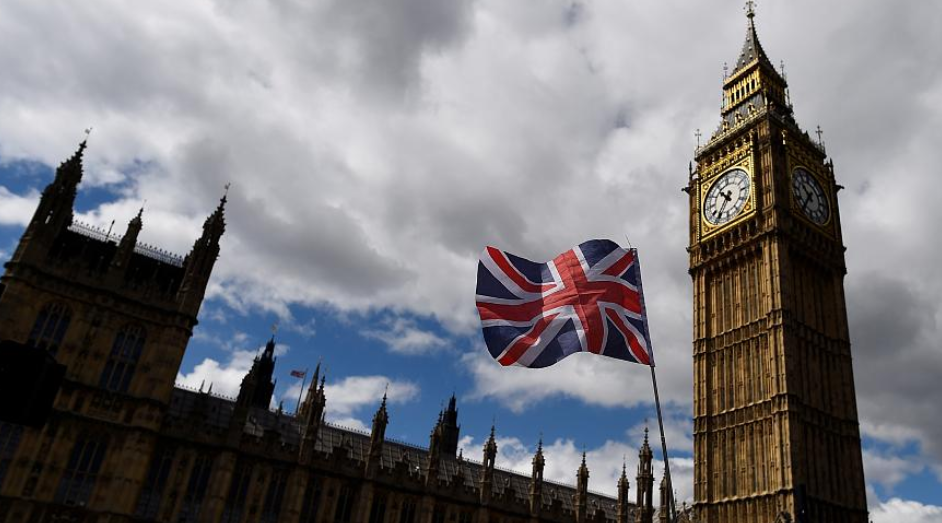What are the risks for the pound going into next year?

Assuming that the UK election goes smoothly that is. After all, with cable now close to 1.30, that is essentially what traders are pricing in as we move closer towards 12 December.
As things stand, there is no use in focusing beyond the election because of the potential hiccups and unforeseen circumstances that could crop up. But assuming that Boris Johnson gets his way, what should be our next focus when trading the pound?
Brexit will take center stage again
Love it or hate it, there's just no running away from it. Brexit will continue to be the main factor influencing the pound next year - whichever way the election turns out.
If the Conservatives come out with a majority, that should see Johnson's Brexit deal adopted in fairly quick fashion before the 31 January deadline but does that mean we have reached a conclusion to all the debate and uncertainty?
Well, not even close.
Negotiating a future trade relationship
This is where the real challenge for the pound will begin. The UK and EU will have to try and agree on a trade deal during the transition period - which is by the end of next year - and at the moment, it's all but a pipe dream.
As mentioned before, it took Canada and the EU seven years to iron out an agreement and one extra year to ratify/implement it. Trying to get something done in just under a year is extremely ambitious especially when nothing has been put on the table just yet.
A no-deal Brexit is still possible
If Johnson gets his way with the withdrawal agreement bill, it would mean that the government is the one to have a say on whether or not to extend the transition period; should more talks be needed to try and reach a trade deal that is.
Hence, this will not be one of those times where parliament can step in to try and amend or block a no-deal Brexit as in the past.
Thus, if no future trade relationship can be settled by the end of next year, the UK may just leave the EU on WTO terms (no-deal) just thirteen months from today.
What does this all mean?
This just means that should the December election go smoothly, there is reason for the pound to be optimistic that things may go well and a UK-EU trade deal can be struck when all this is said and done.
That should likely keep the pound bid in Q1 2020 but as highlighted above, there is still plenty of uncertainty attached to Brexit that could undermine any rally in the currency.
As such, once trade talks start to intensify and there is a potential delay (presenting further uncertainty/prolongation) or a potential no-deal Brexit, that will start to chip at the pound again and make for a murkier outlook.
So, 2019 may have been a testing year for the pound but 2020 looks like it could be just as uncertain and messy because the issue of Brexit isn't going to go away any time soon.



